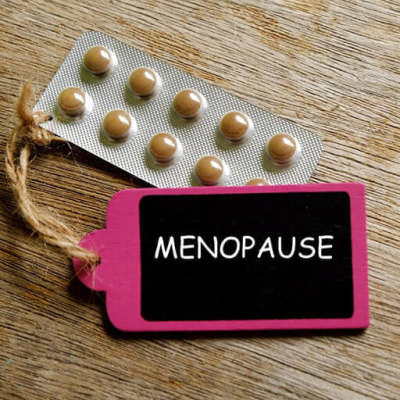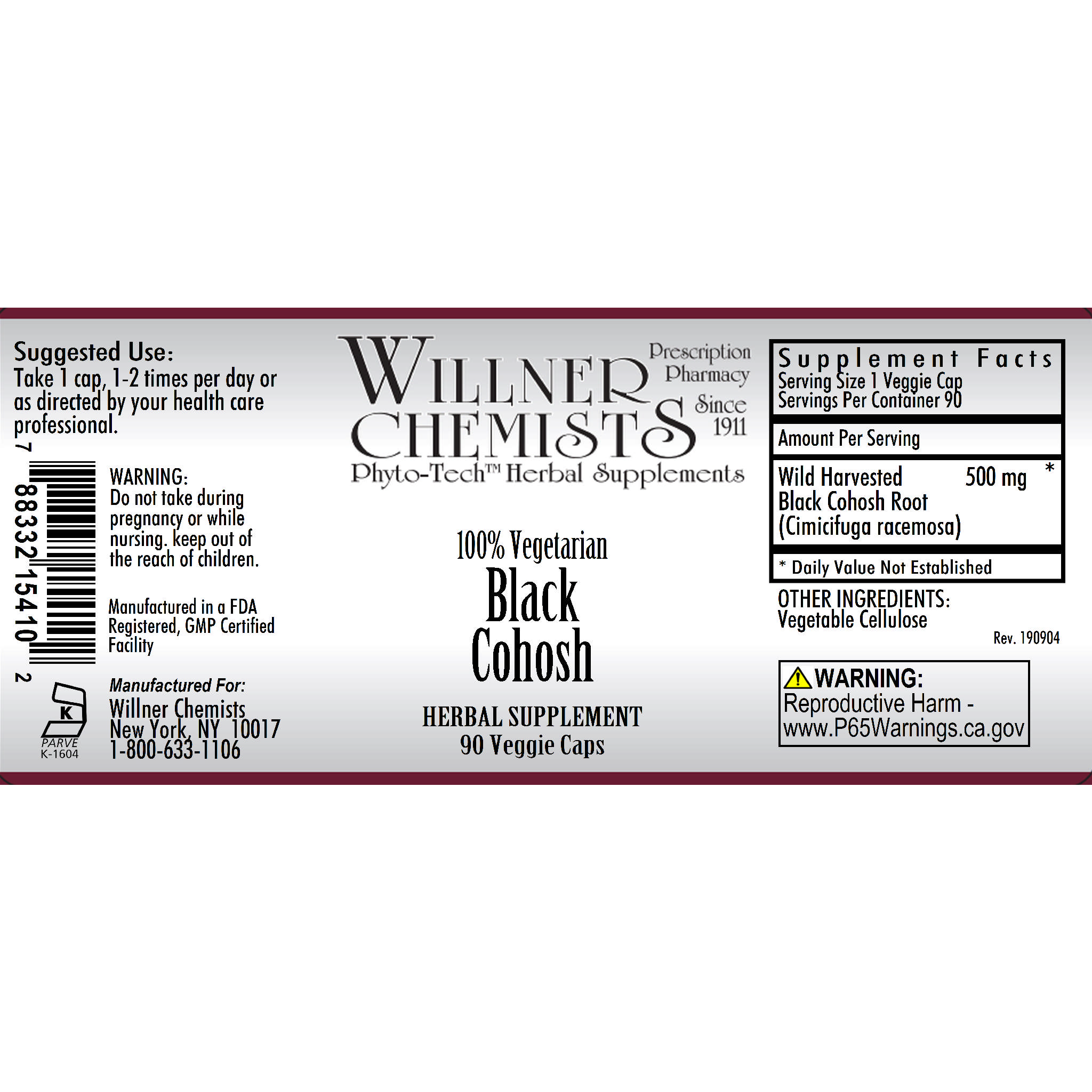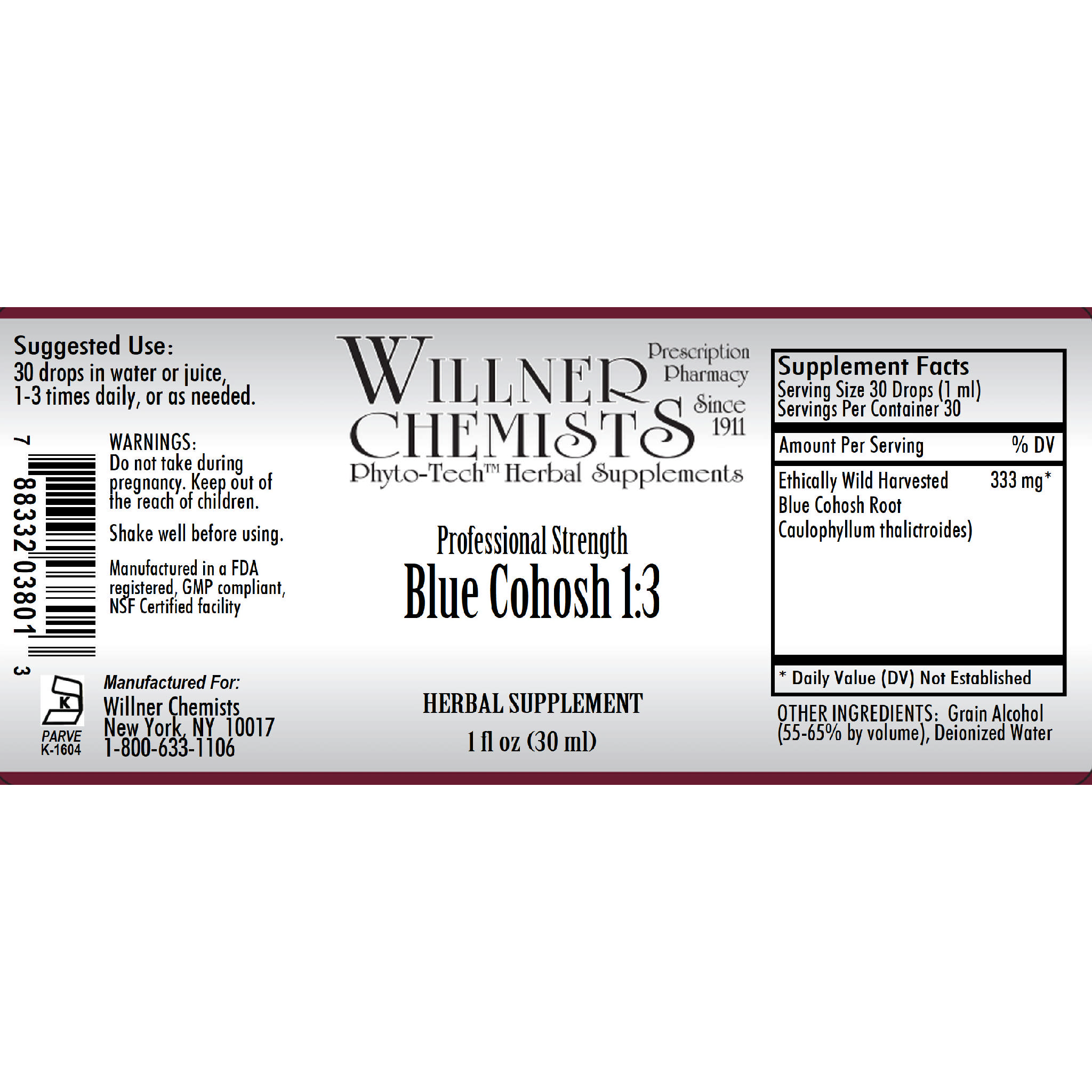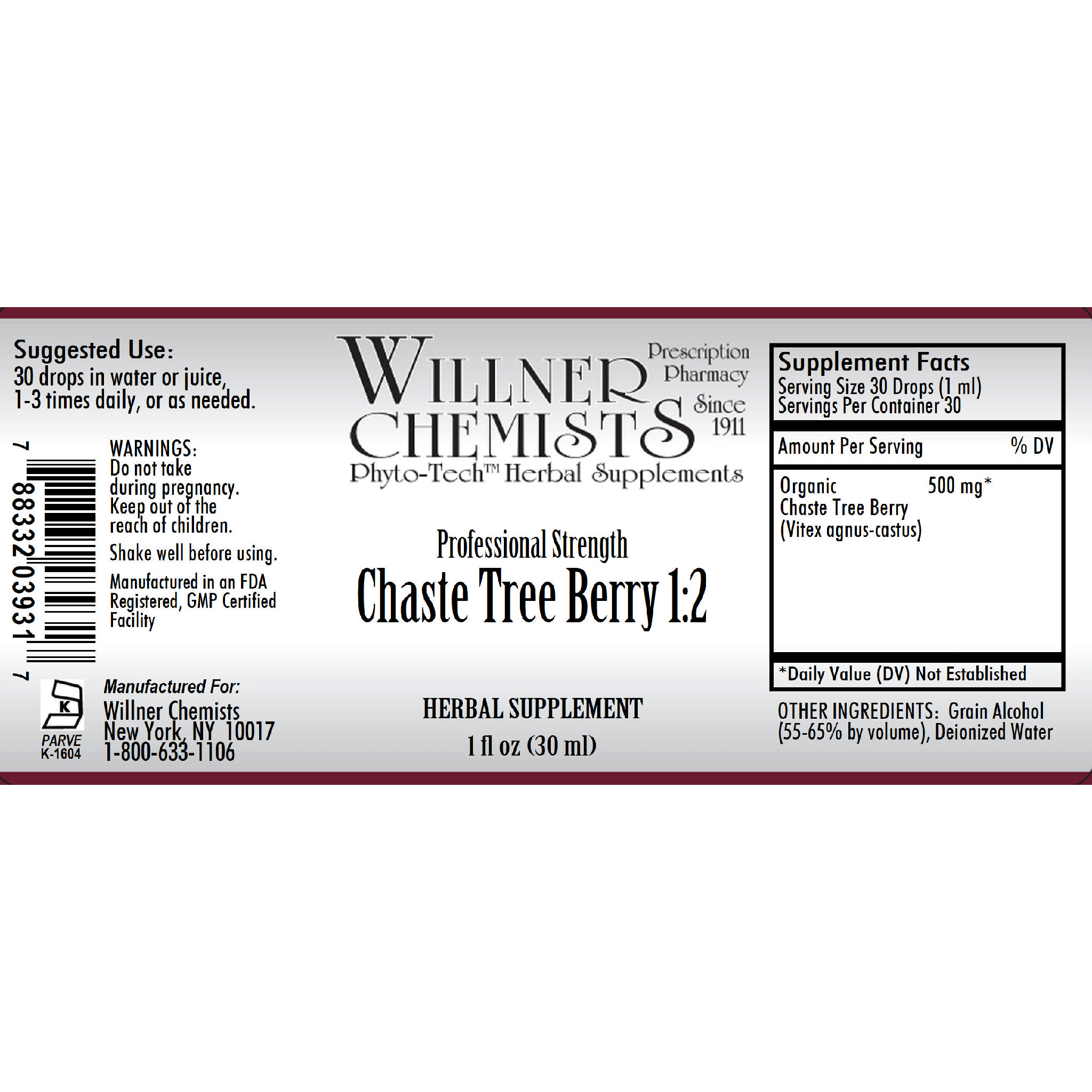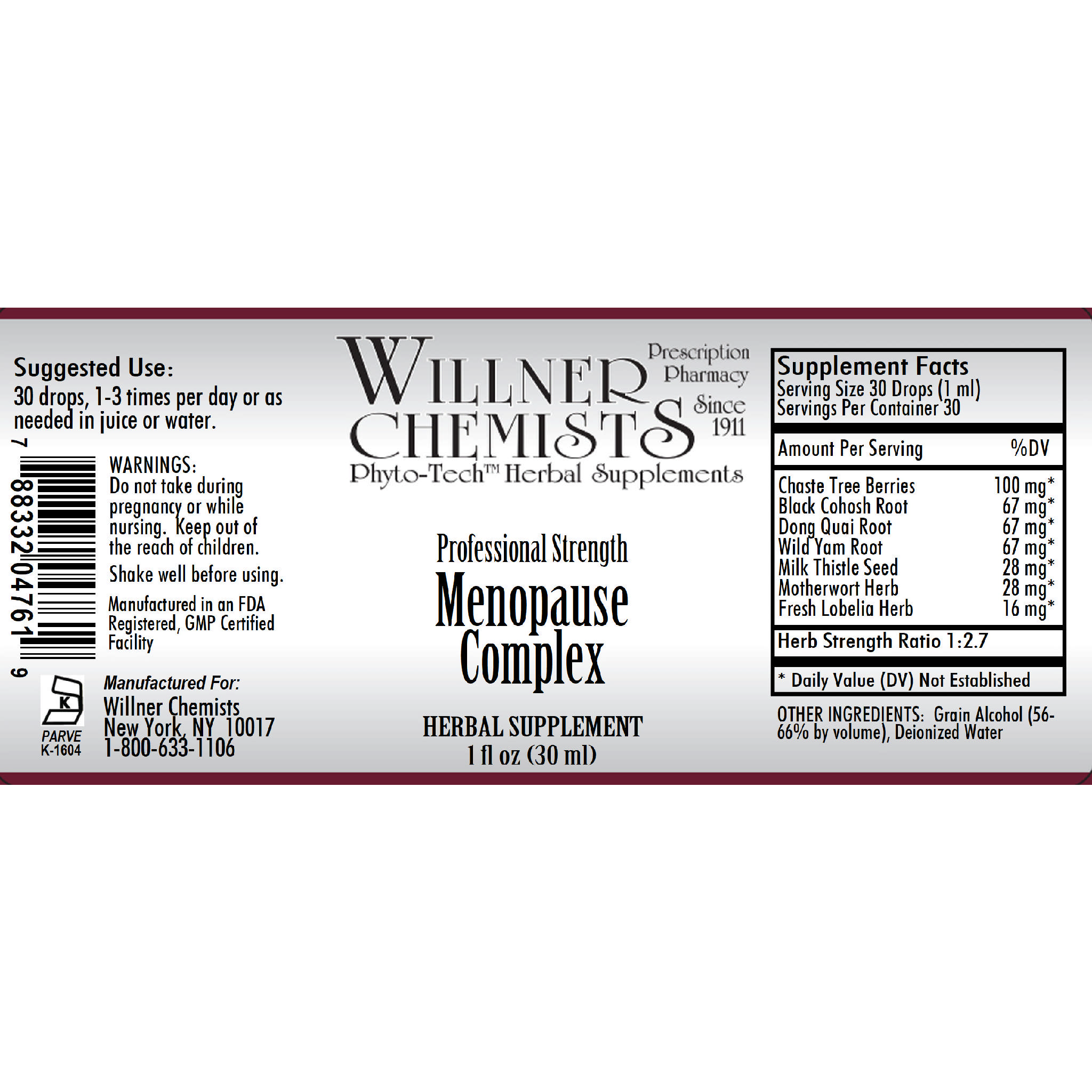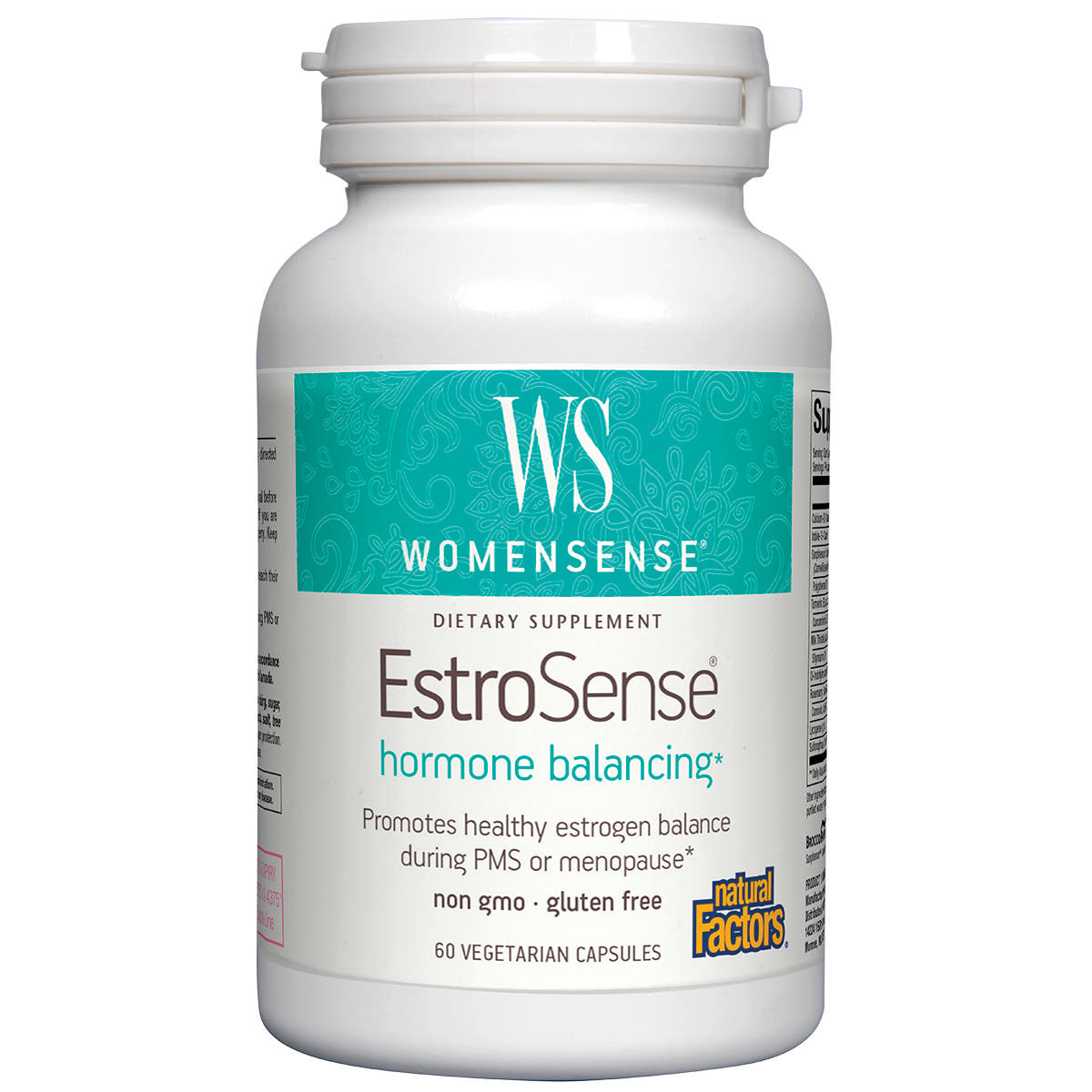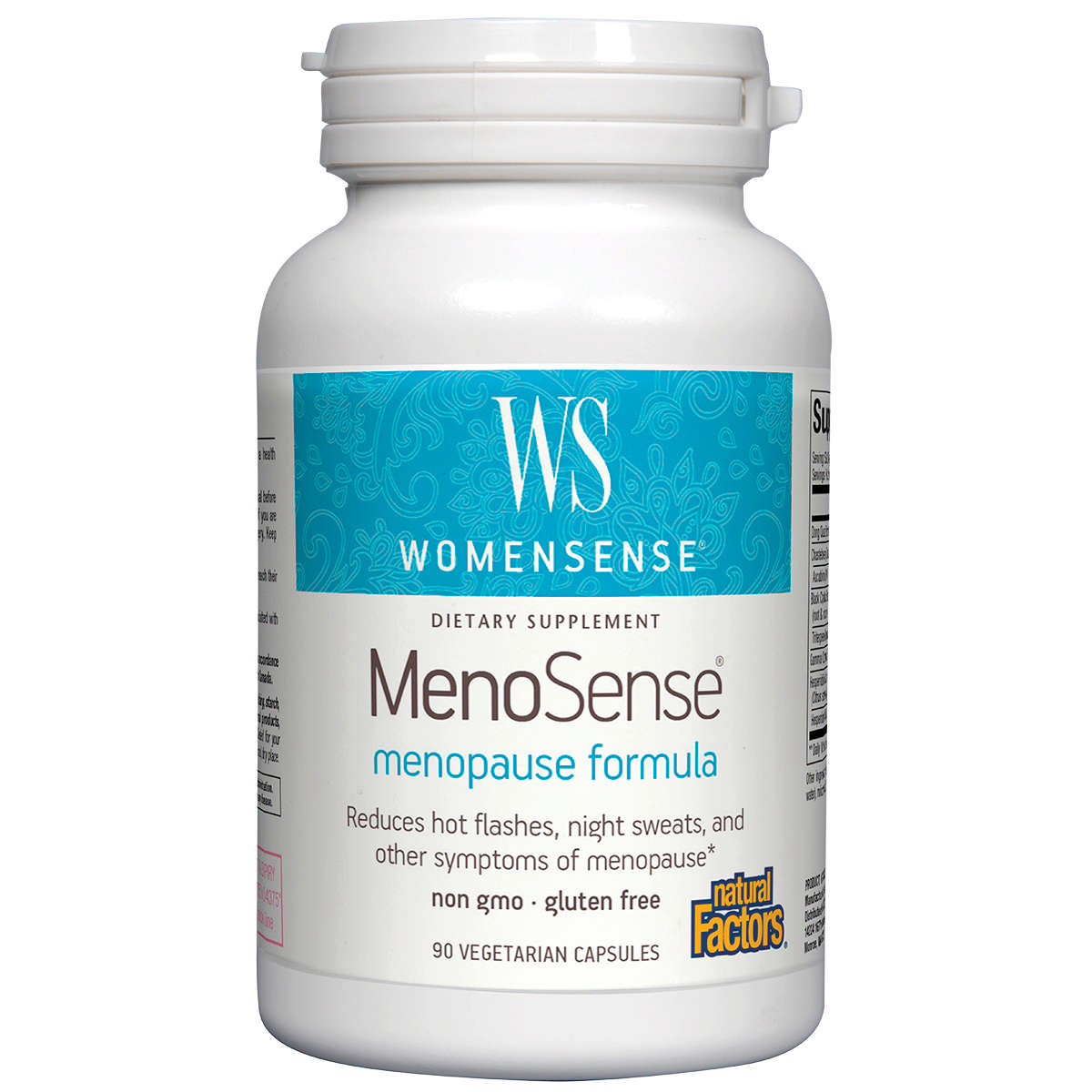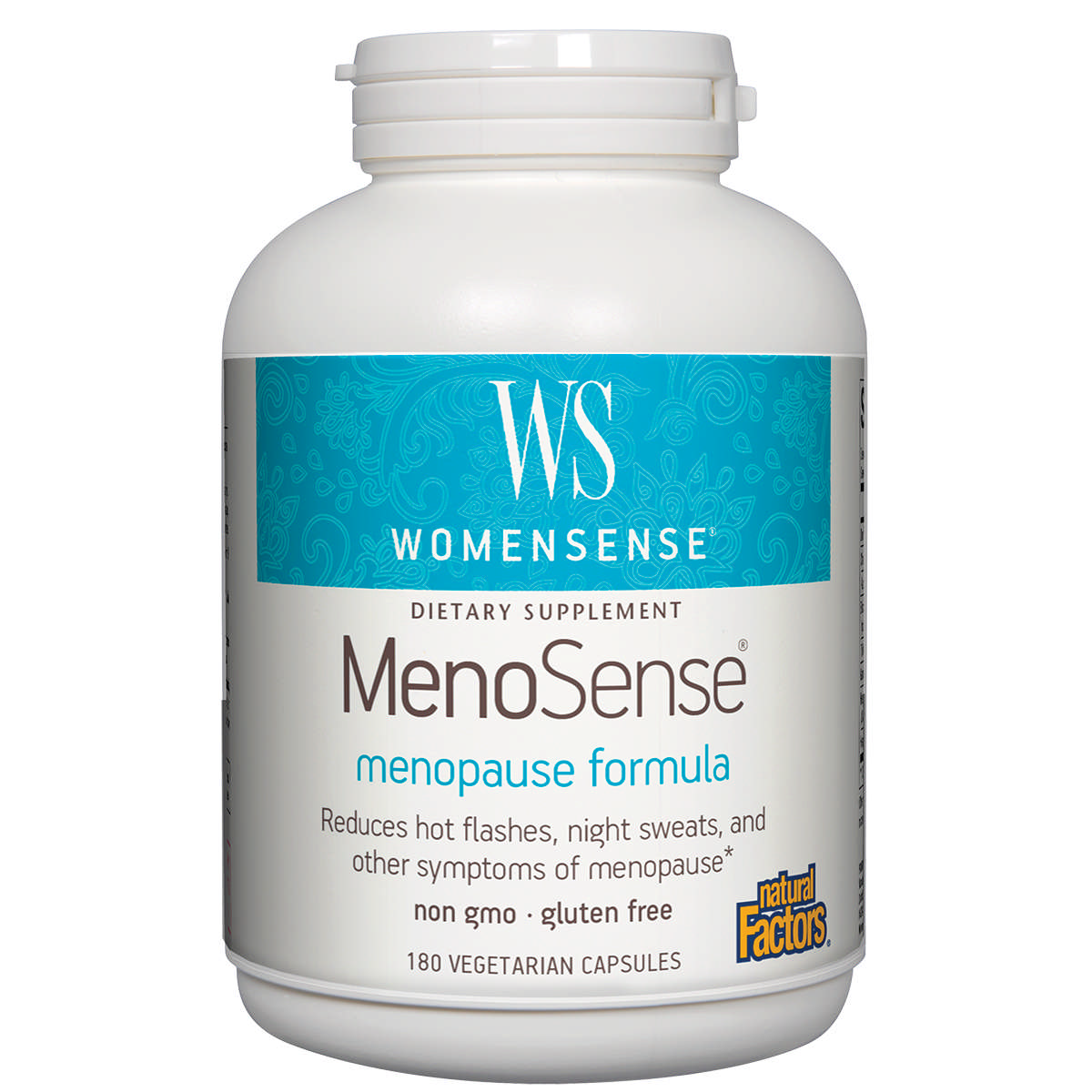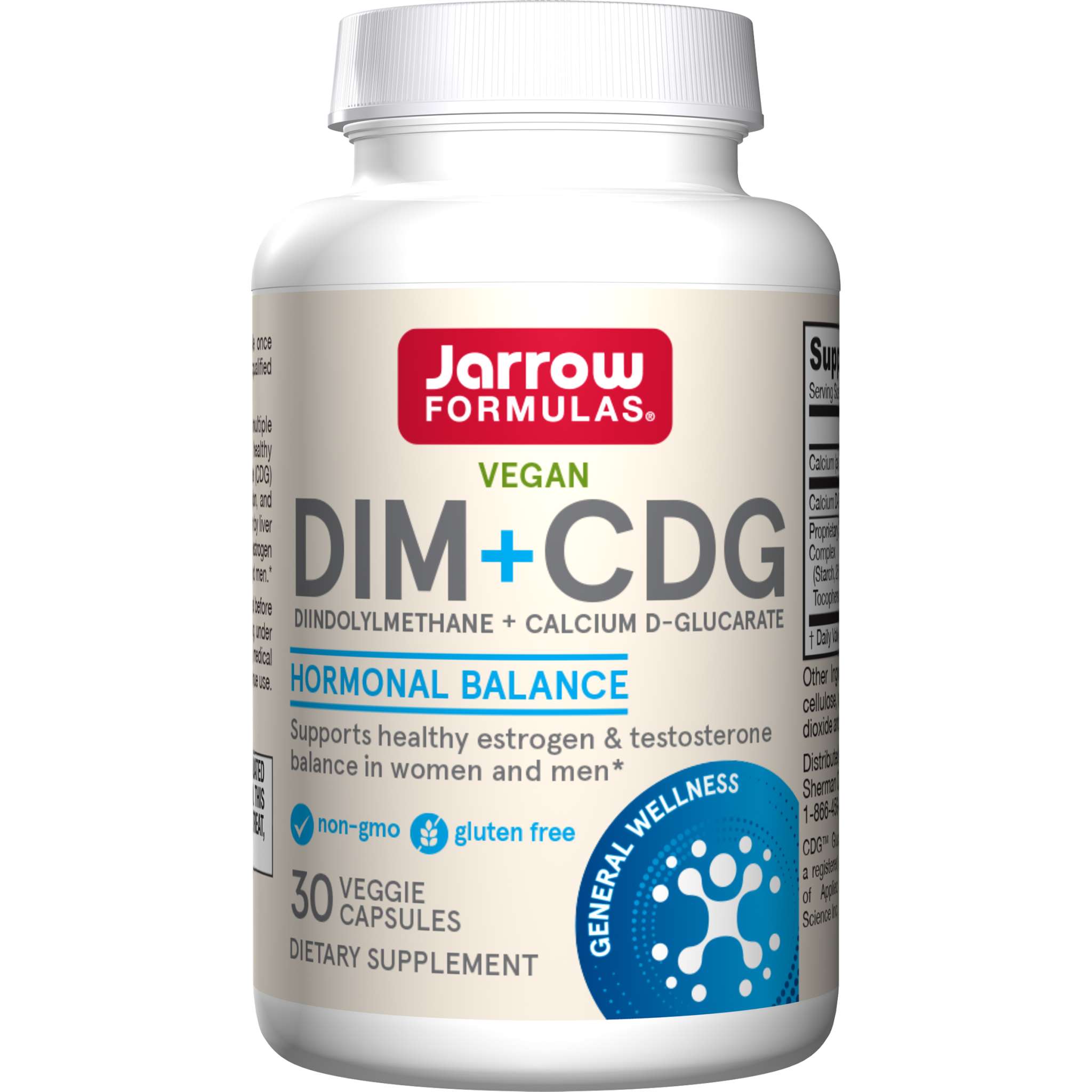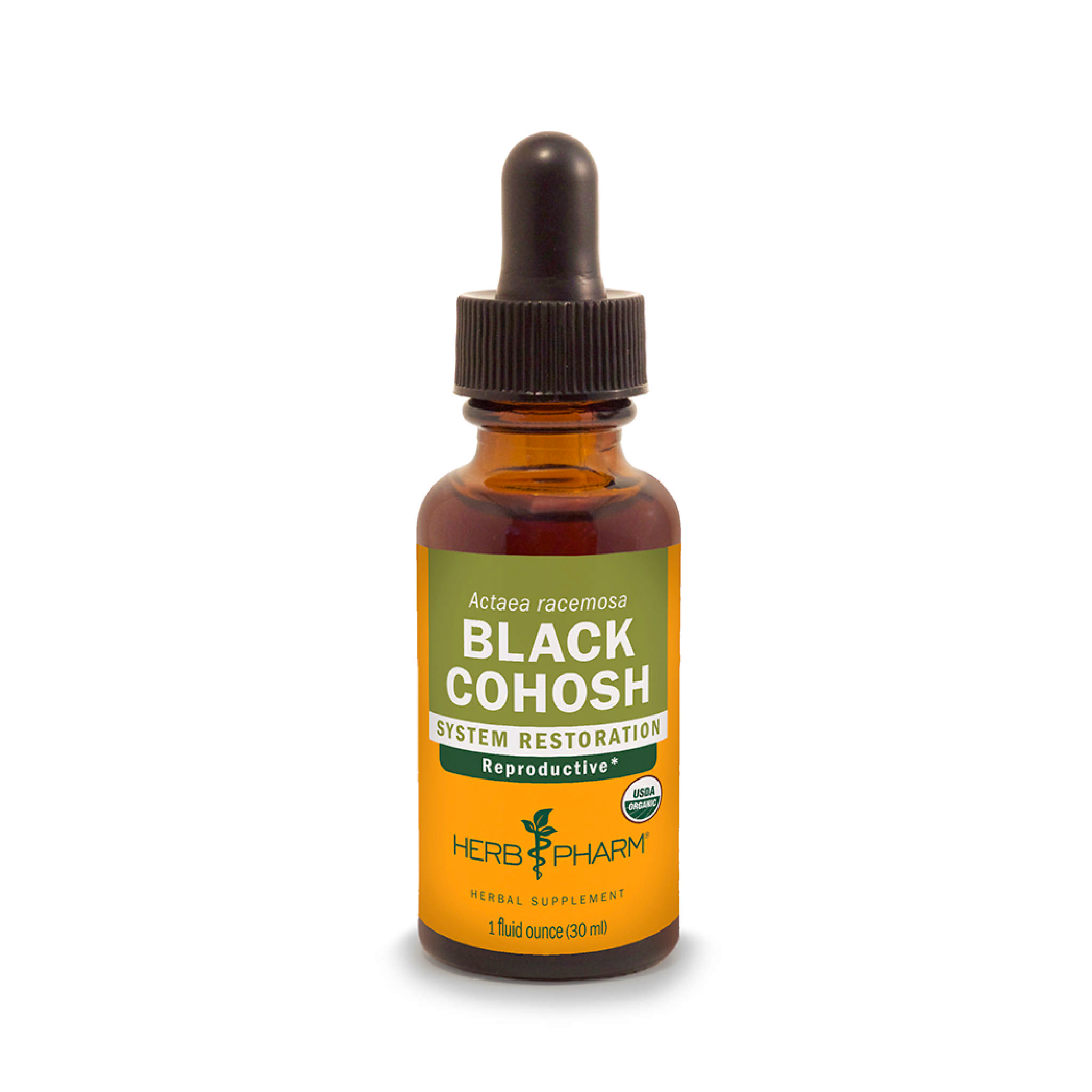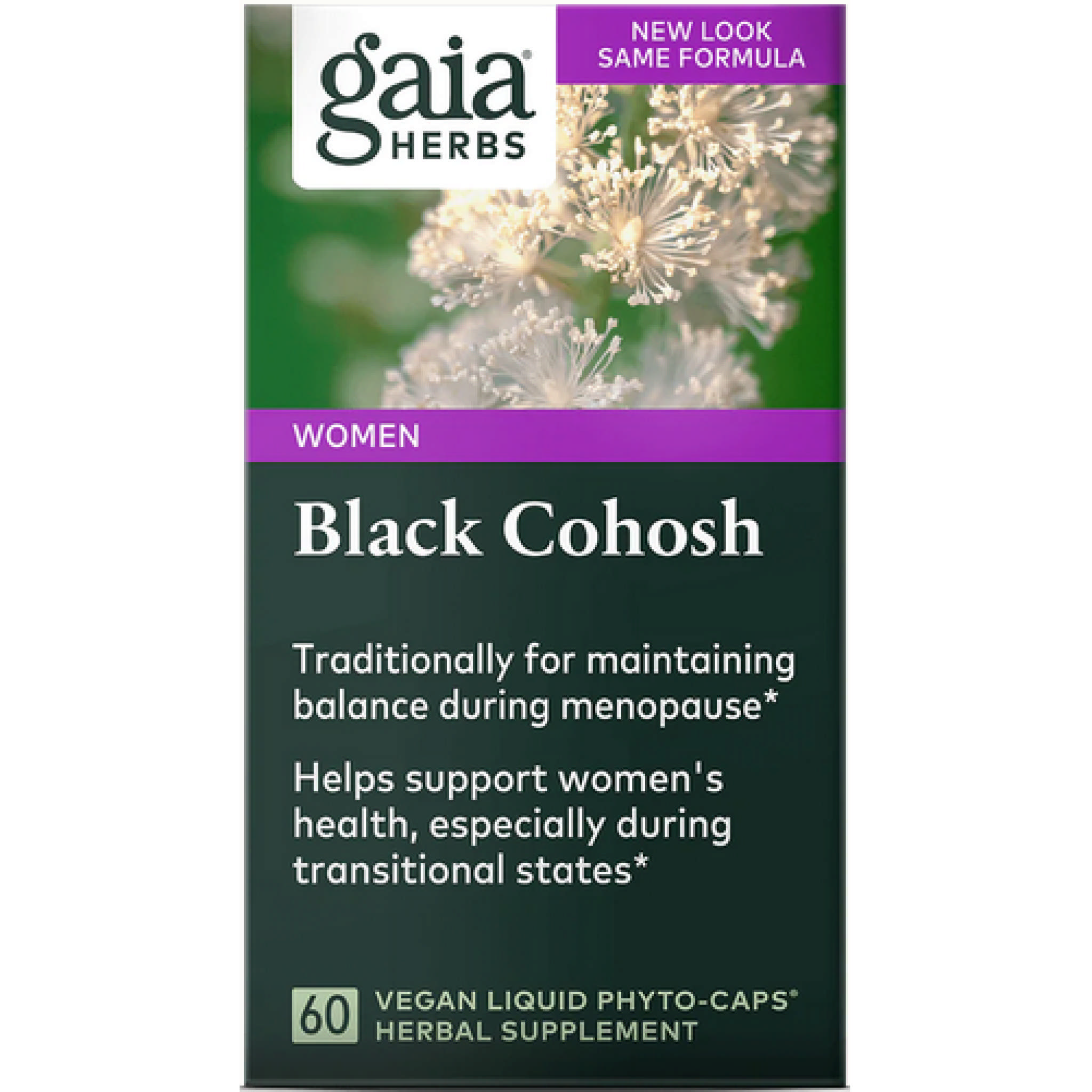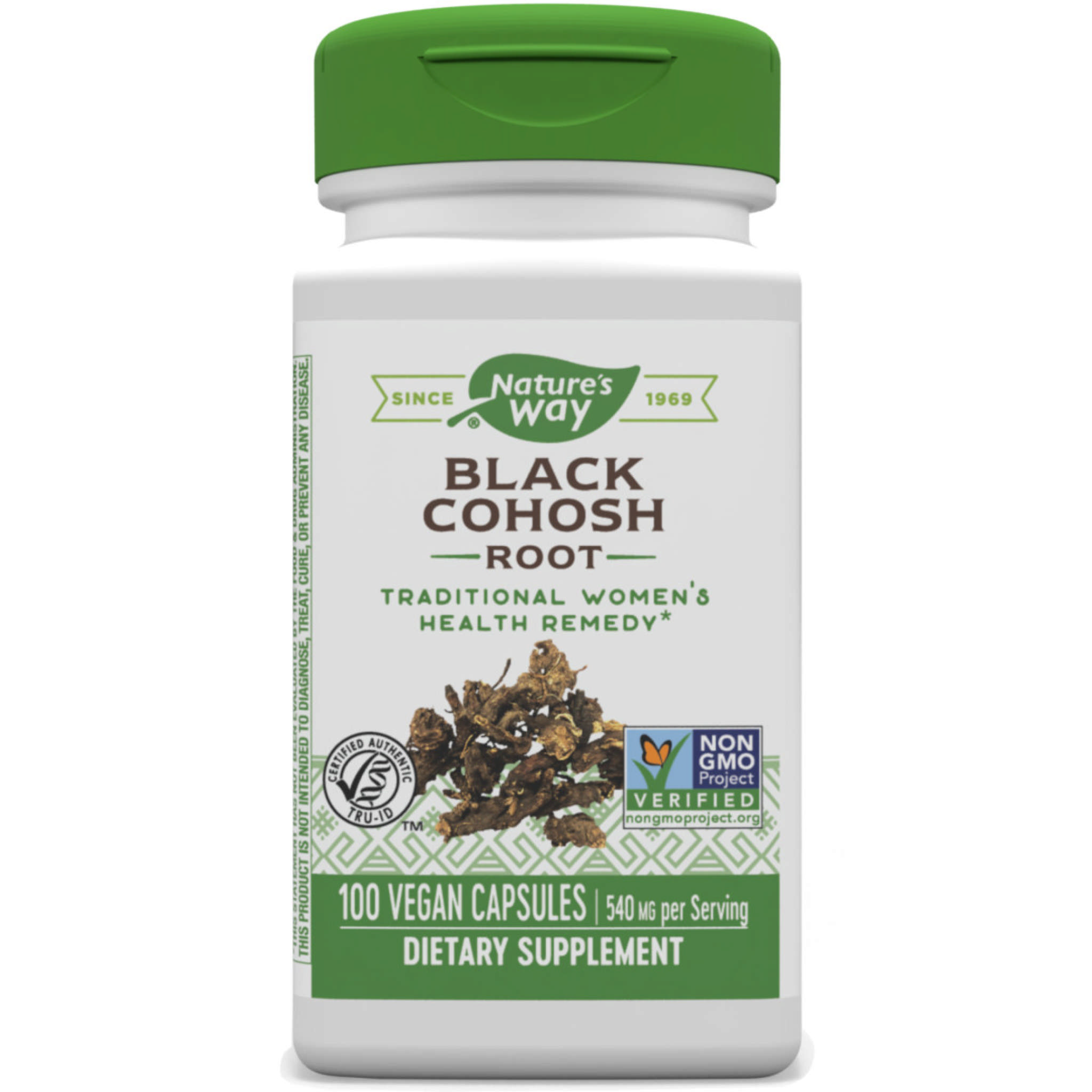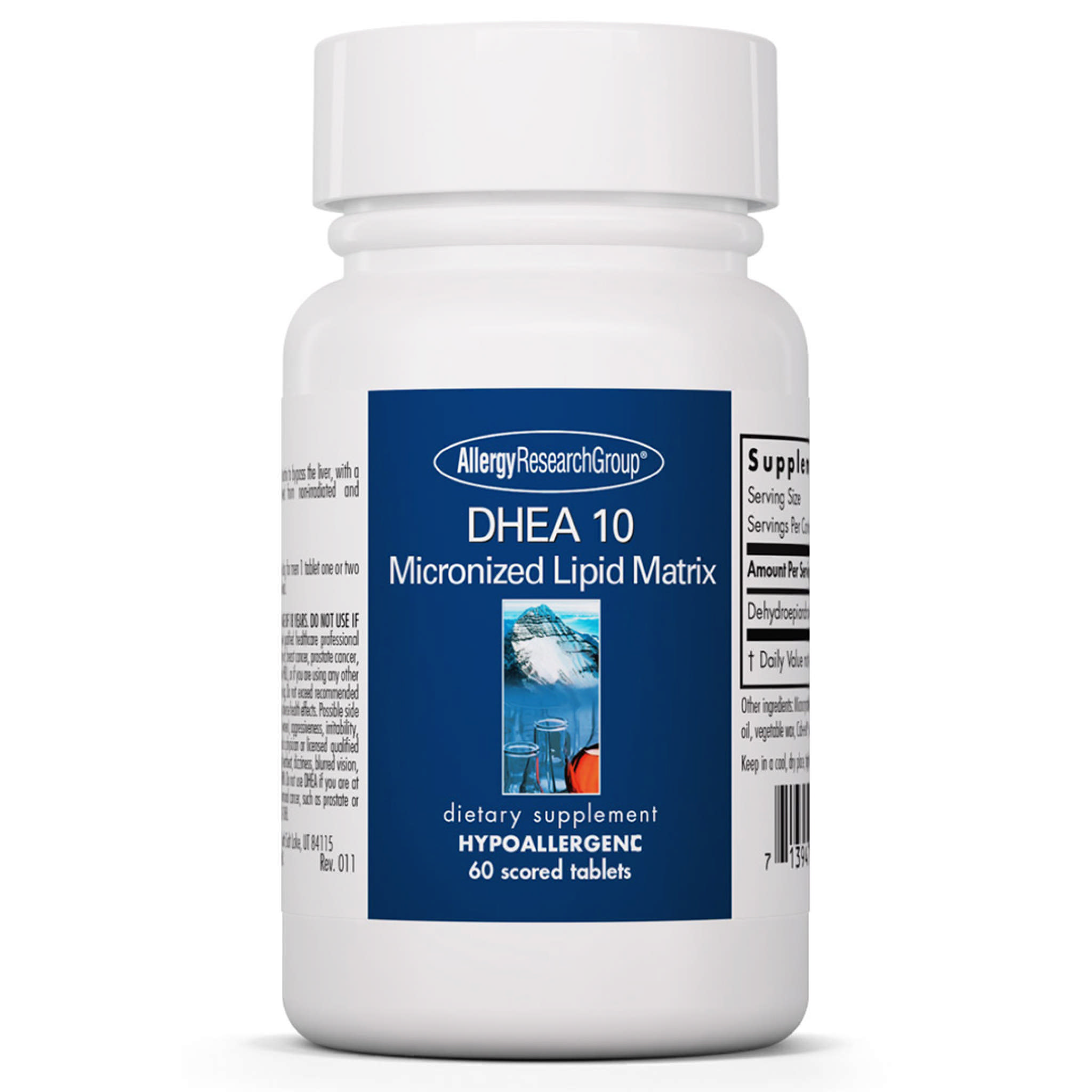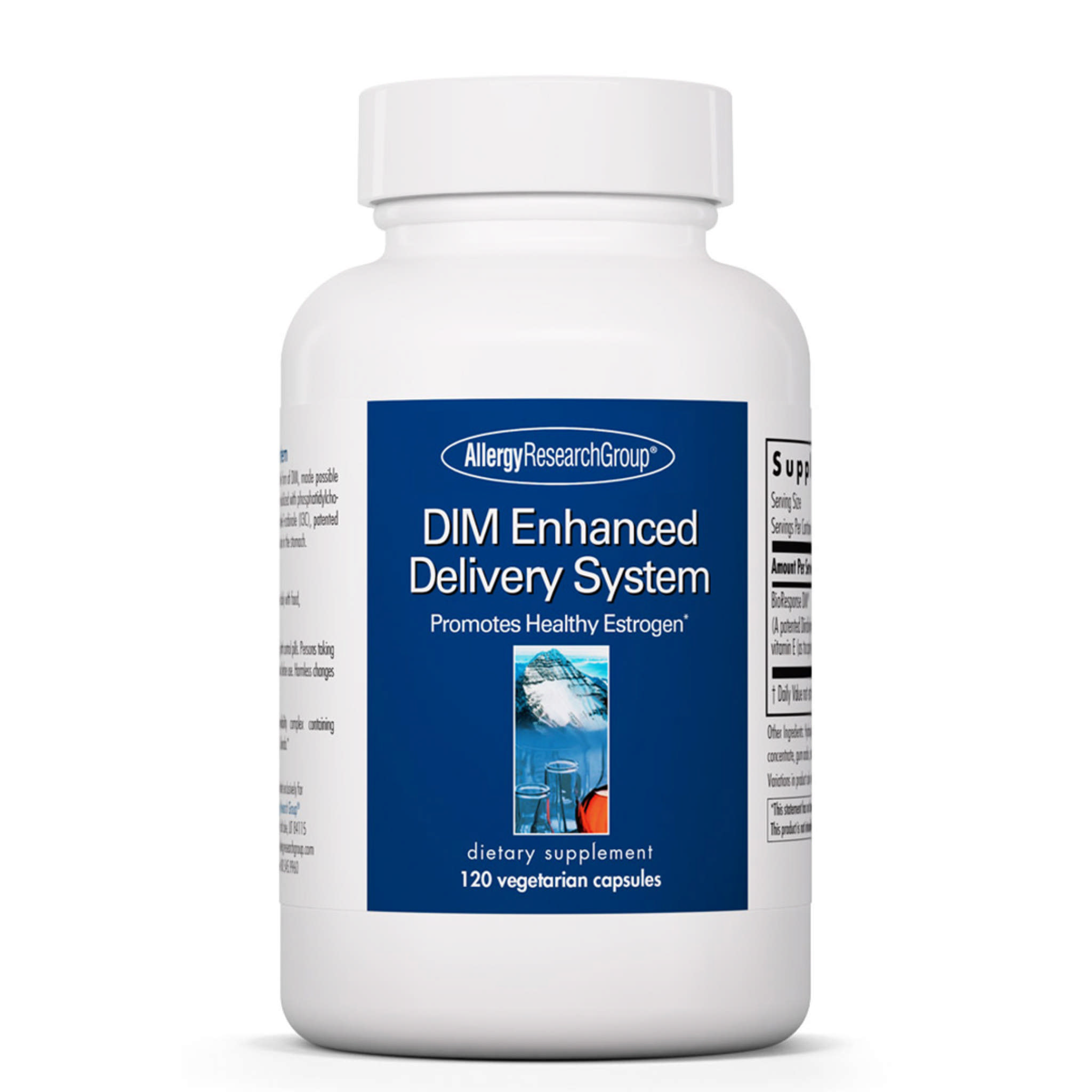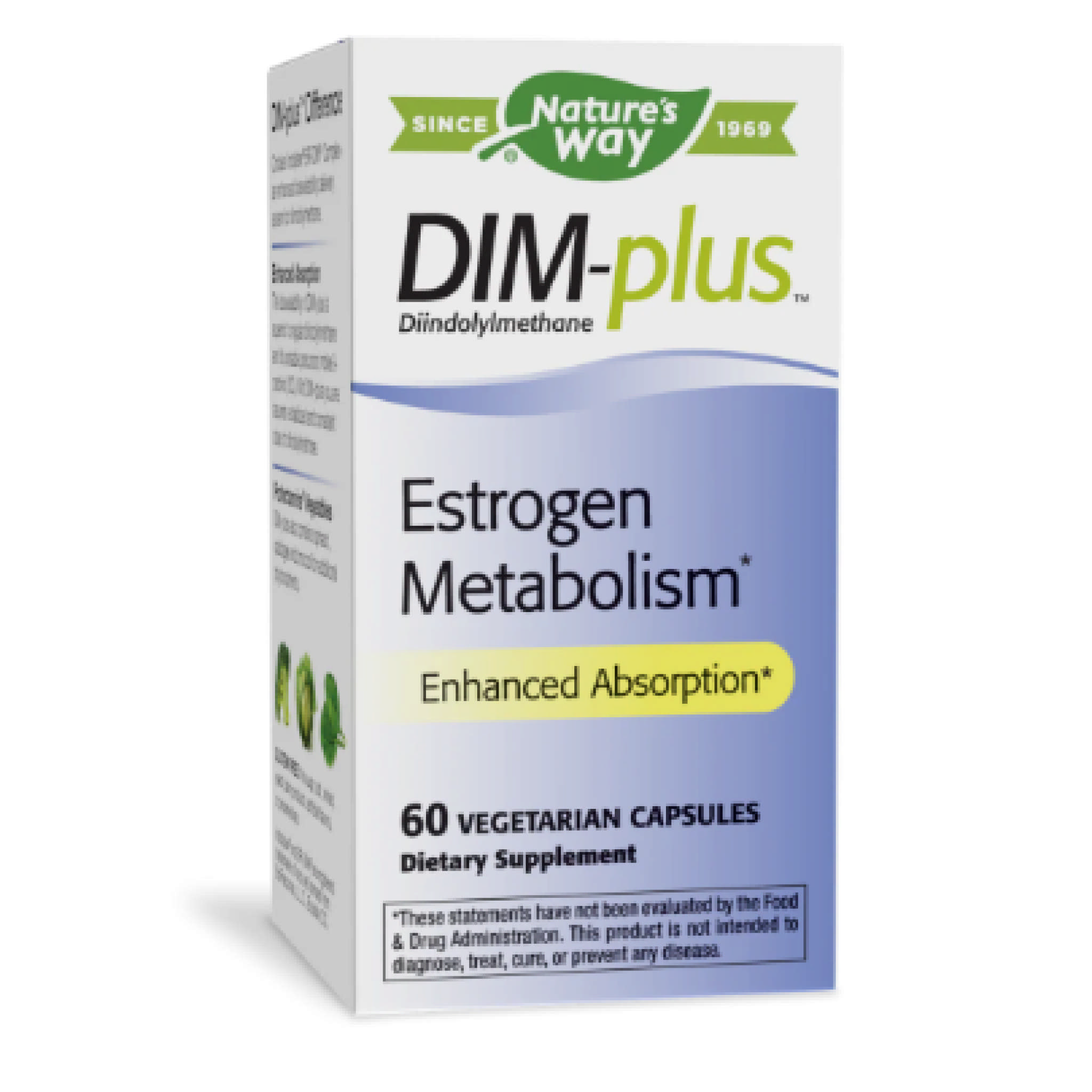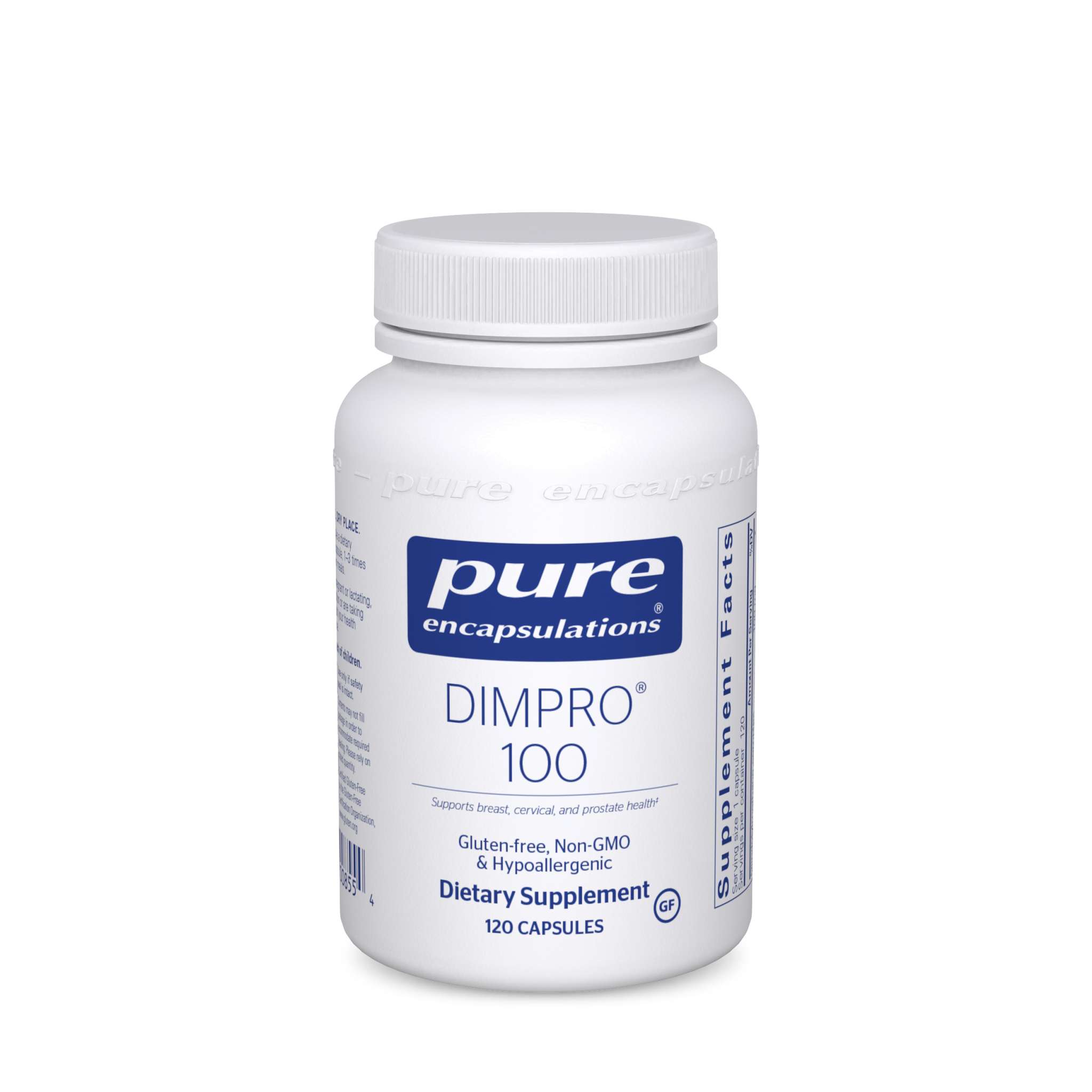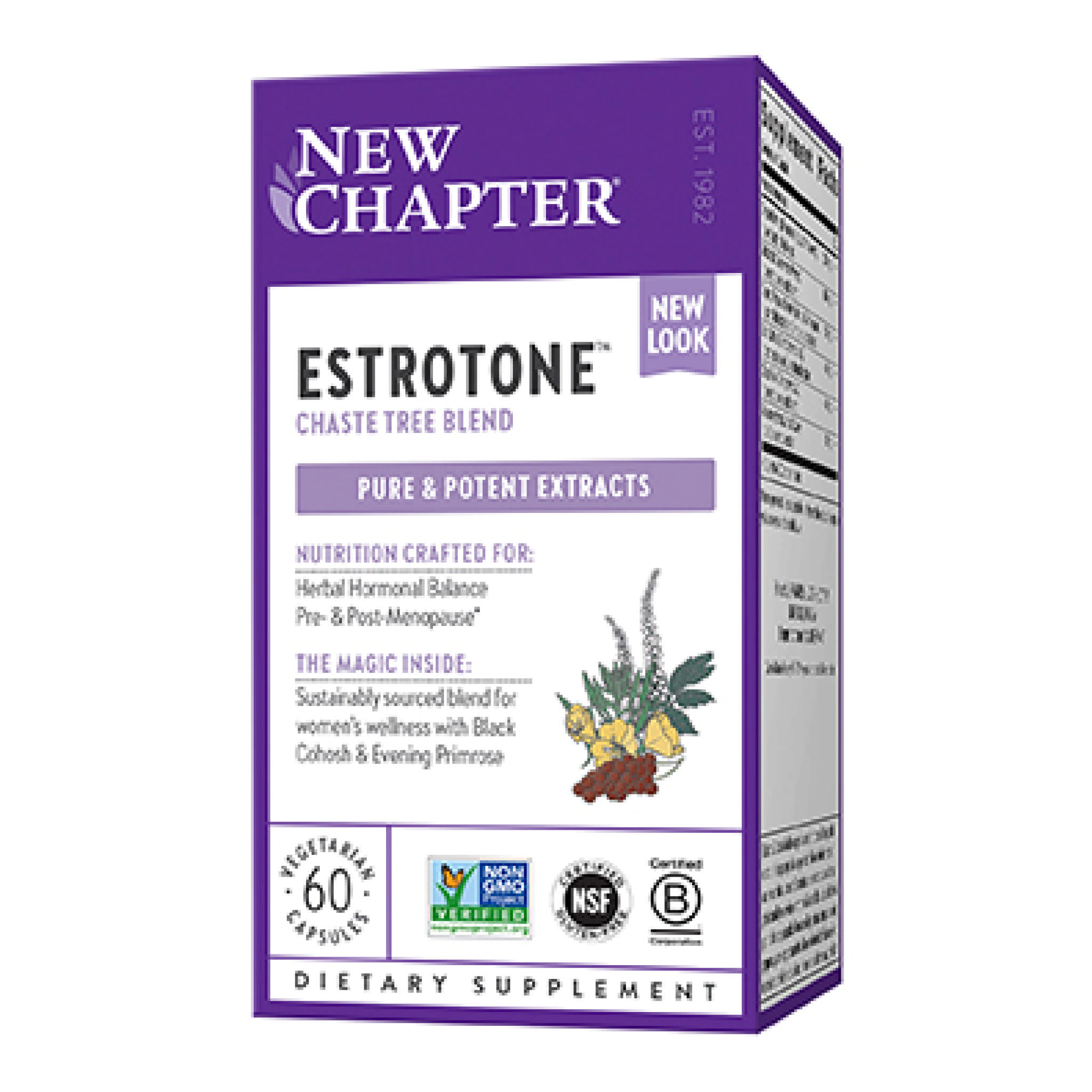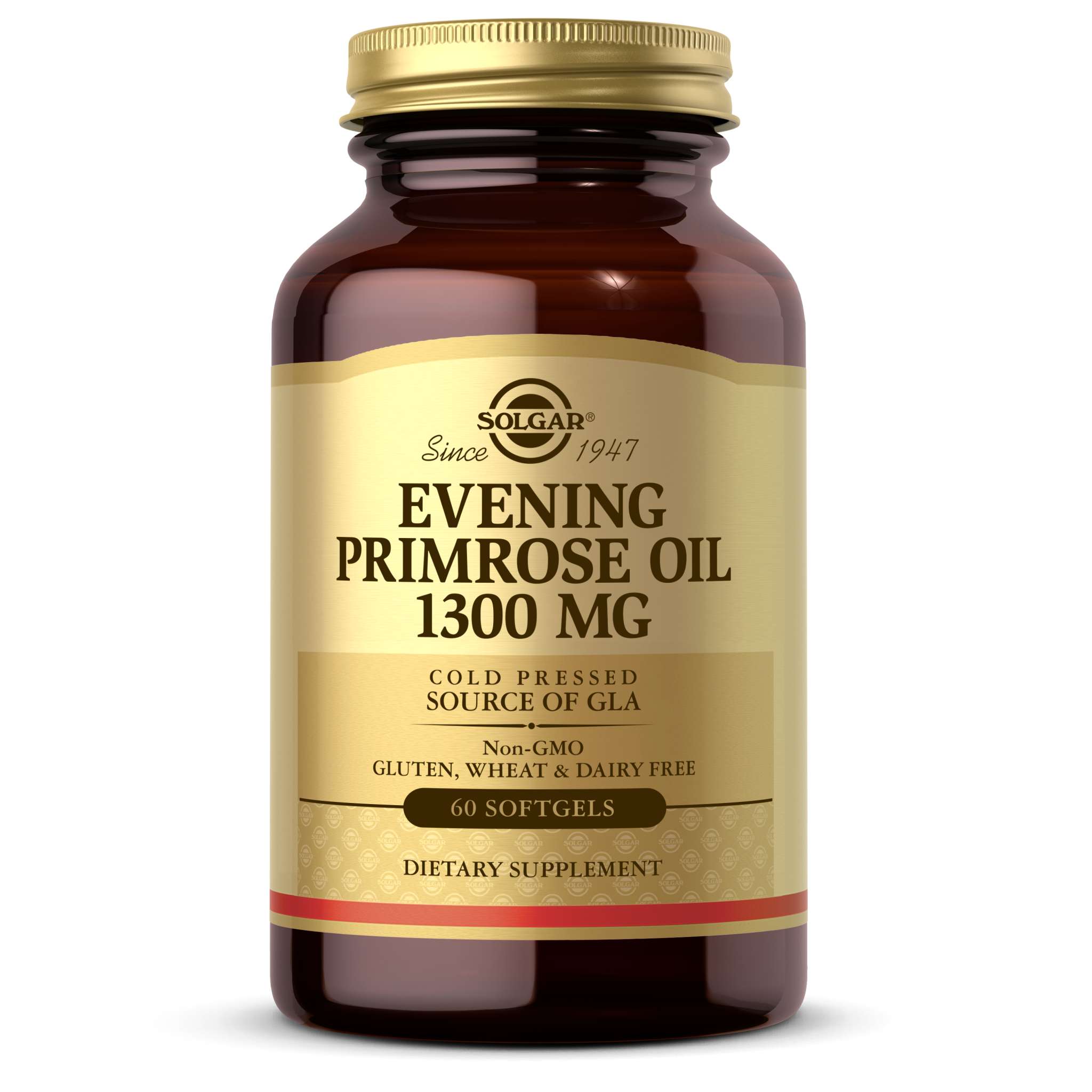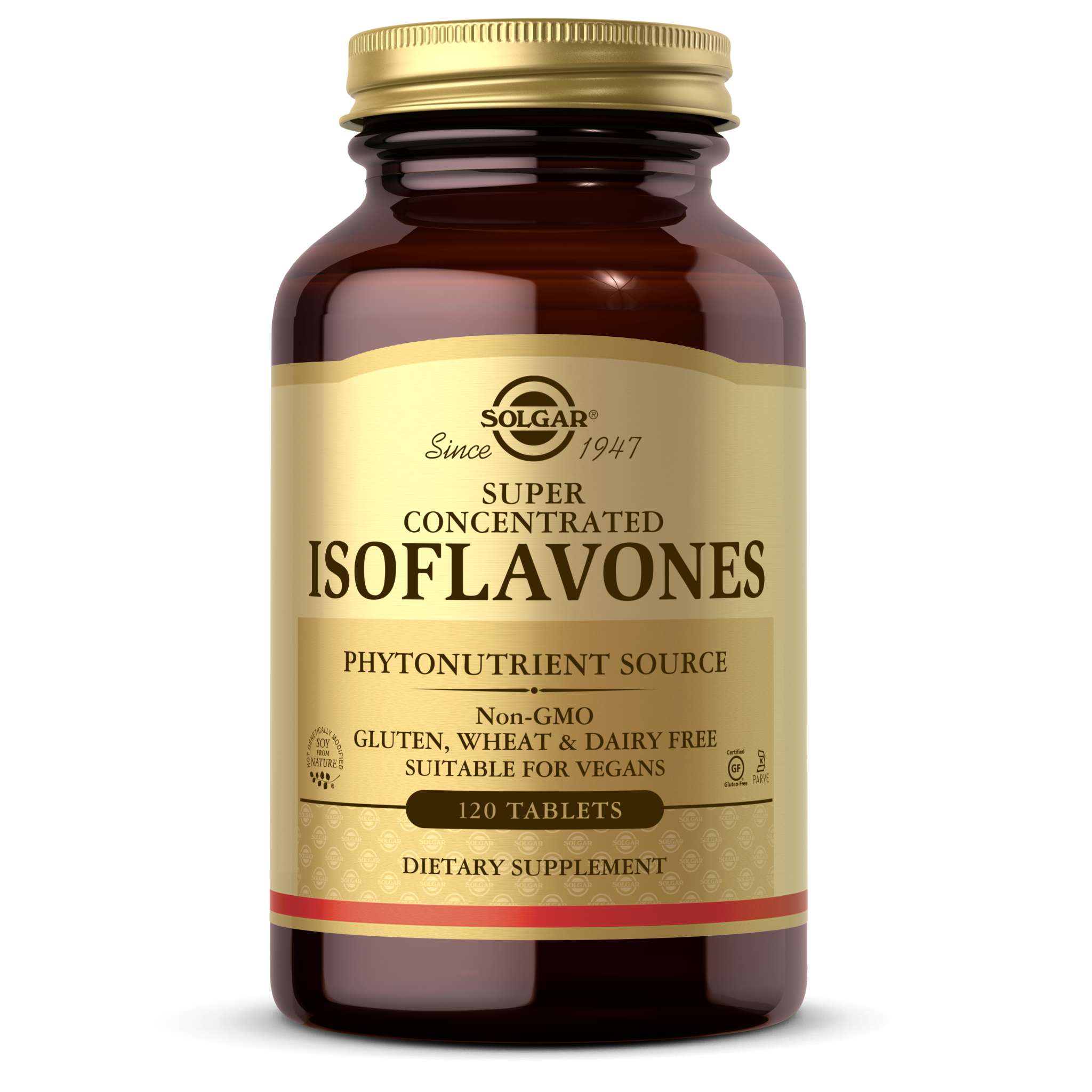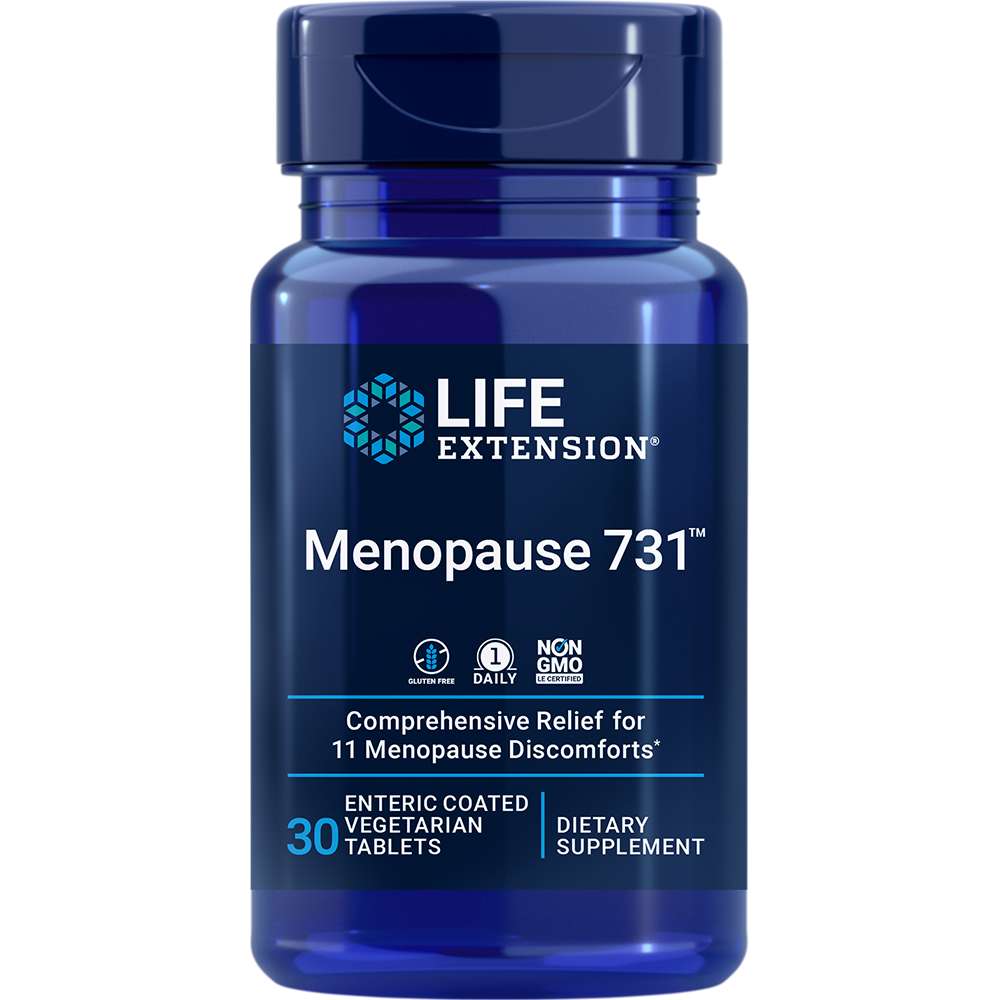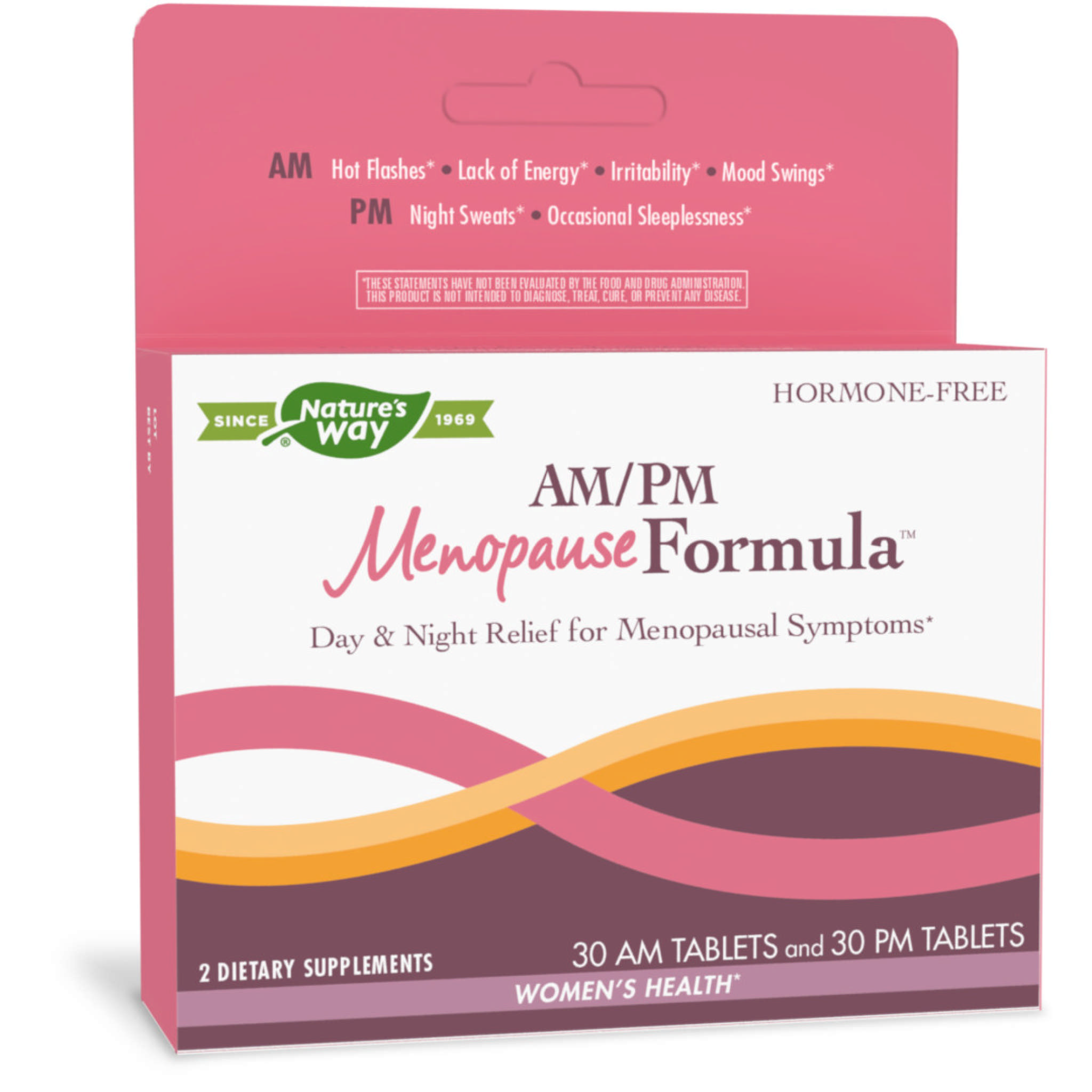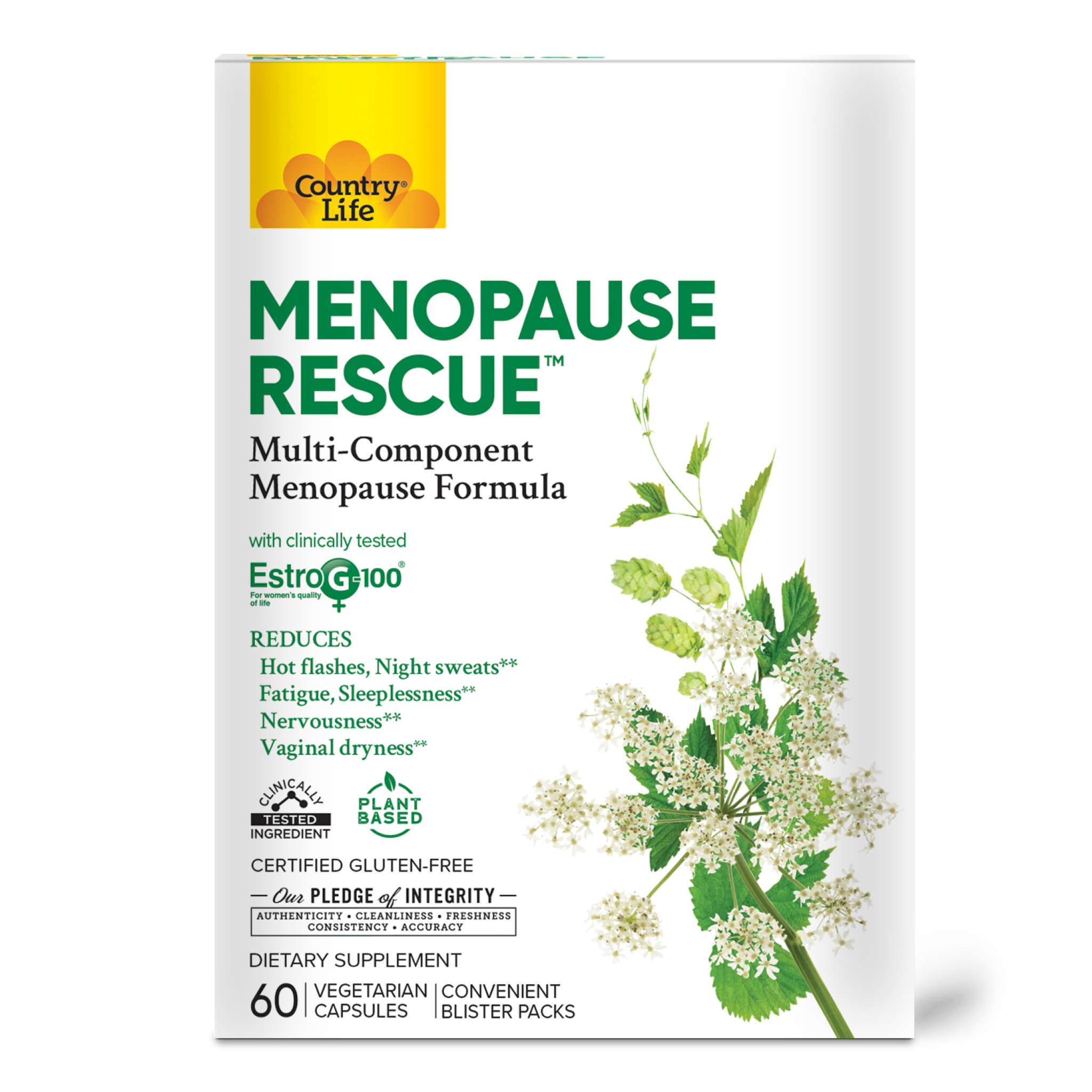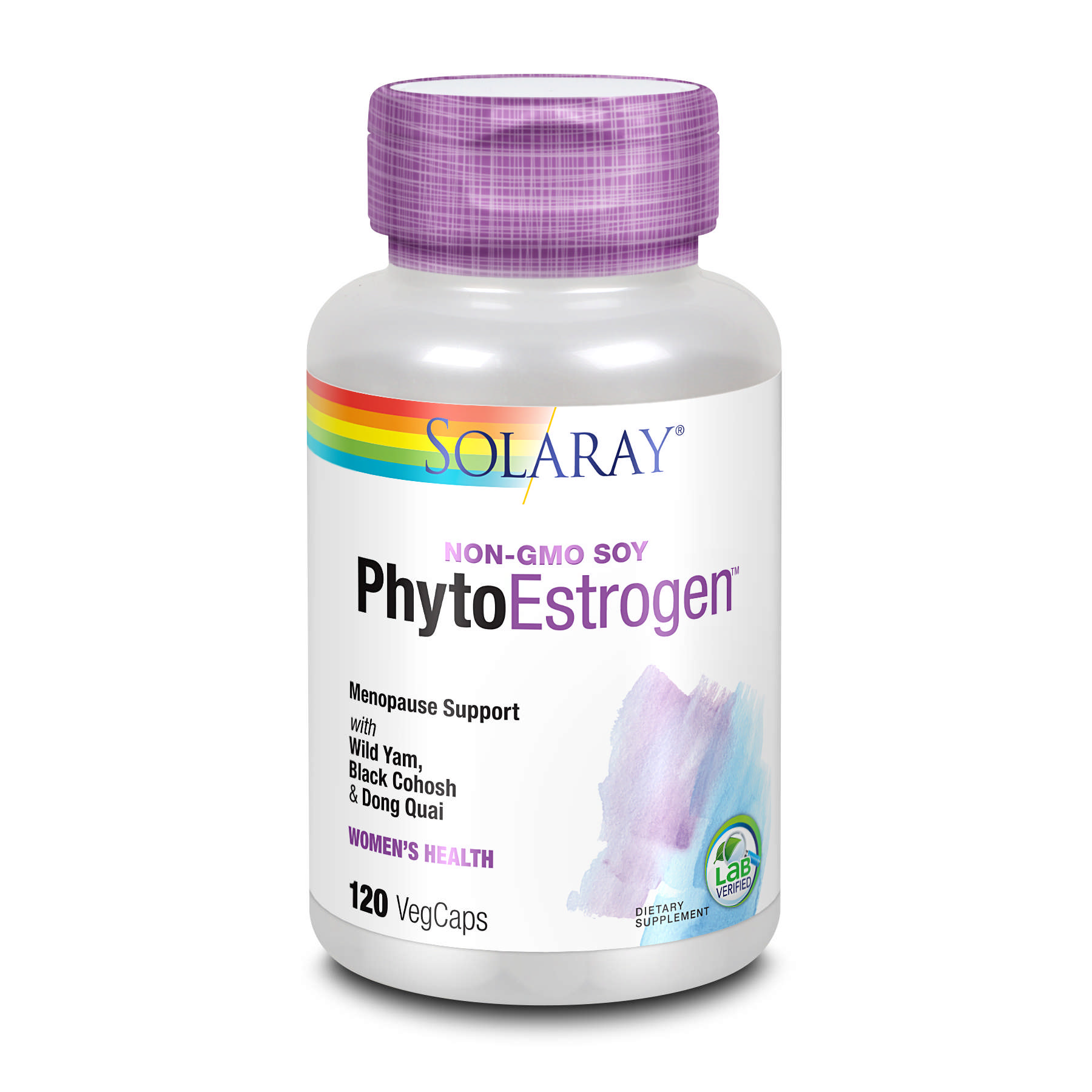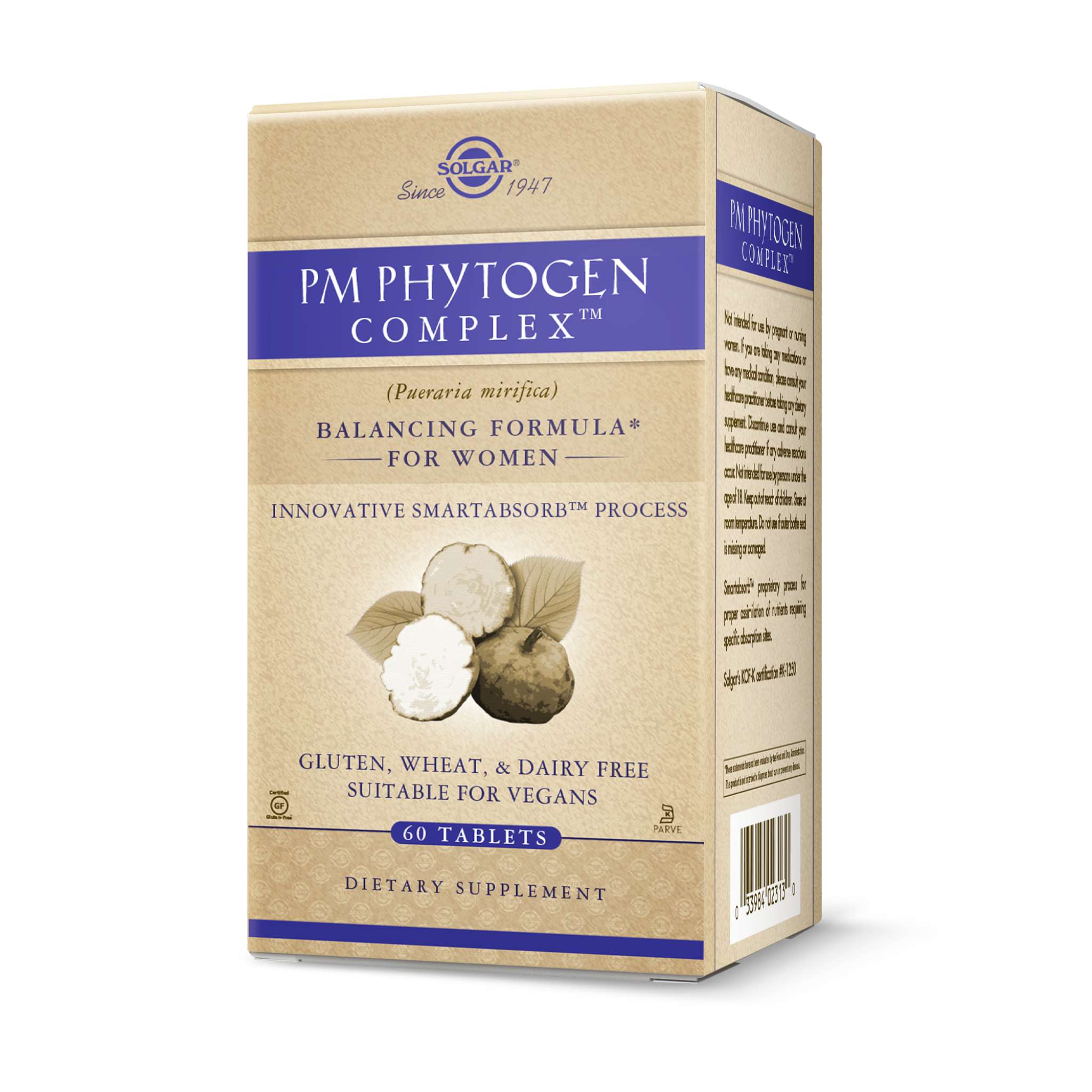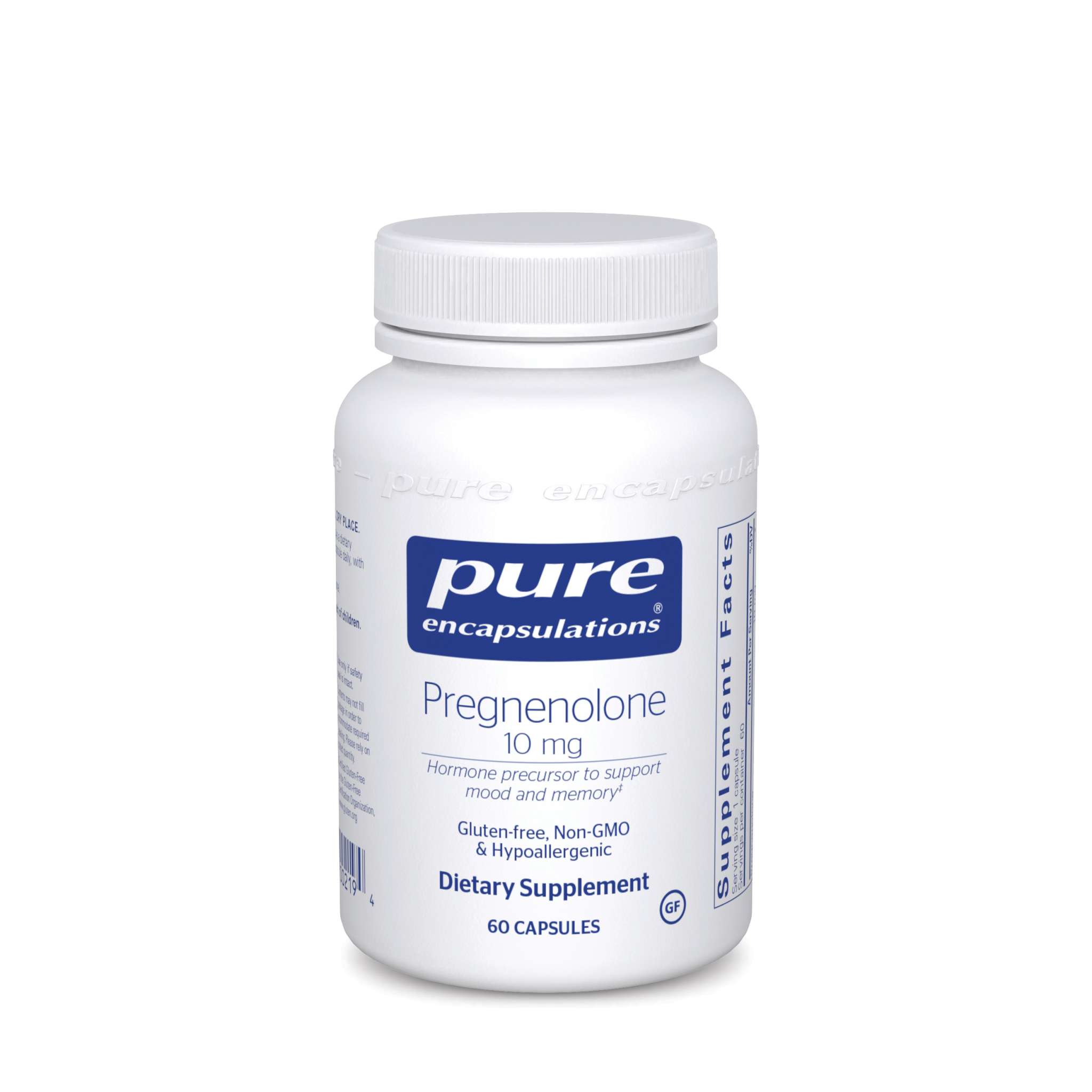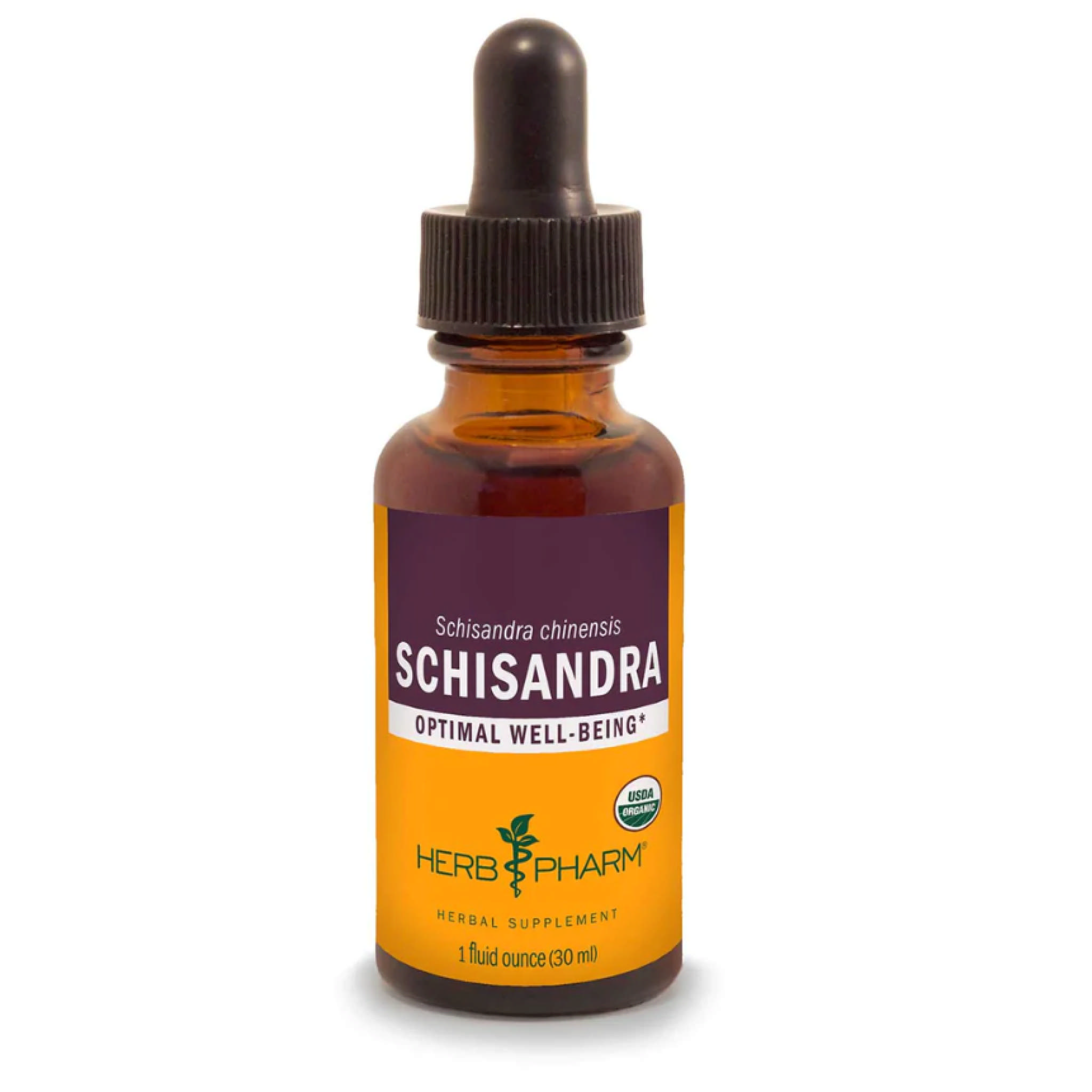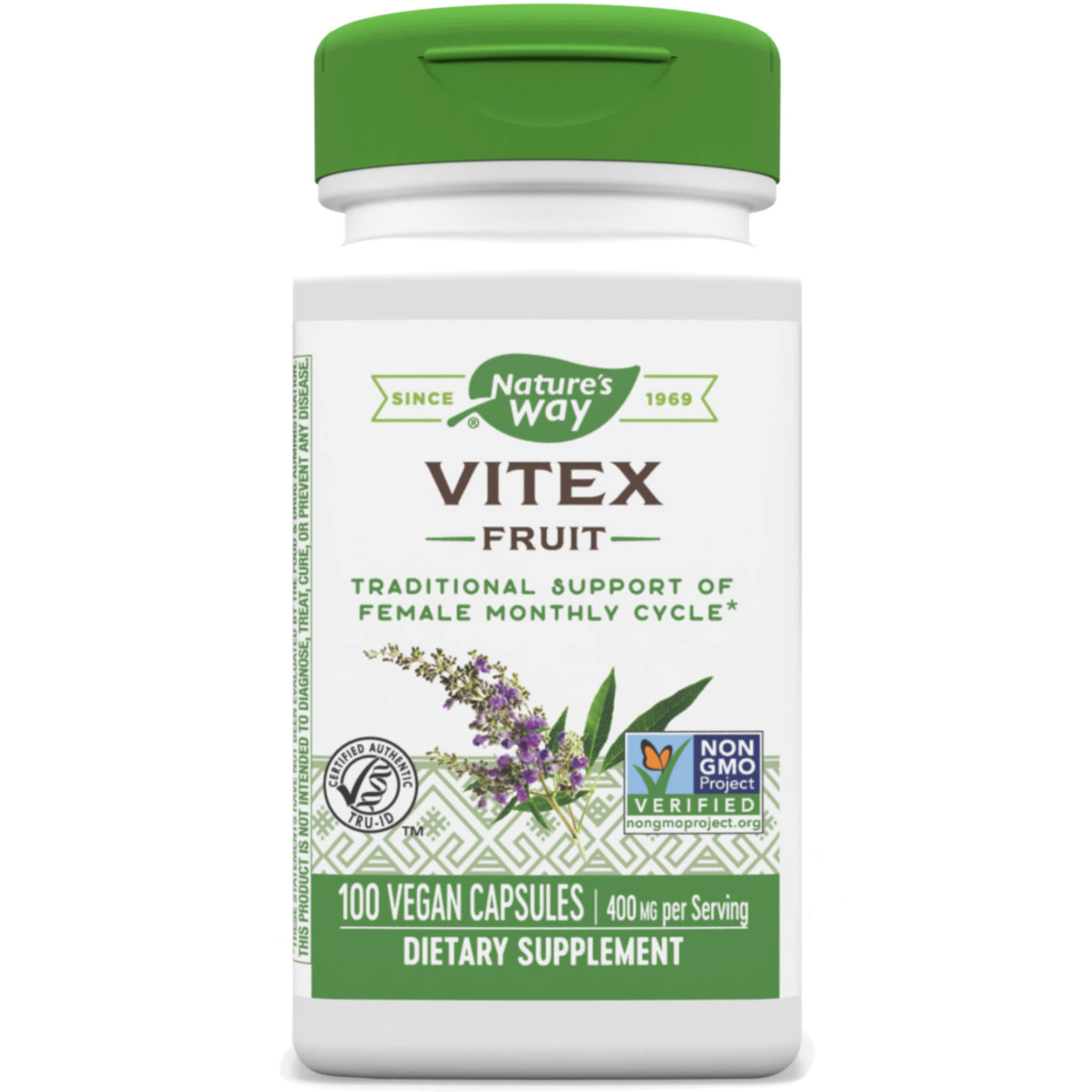Menopause
A natural decline in reproductive hormones can occur when a woman reaches her 40s or 50s. Menopause is signaled by 12 months since one’s last menstruation....Common symptoms of menopause include hot flashes and vaginal dryness. There may also be sleep disturbances. The combination of these symptoms can cause anxiety or depression.
Treatments that focus on symptomatic relief such as vaginal dryness is treated with topical lubricants or estrogens, and medications can reduce the severity and frequency of hot flashes.
During menopause, nutritional needs change. As a result, the importance of adequate calcium and magnesium intake is heightened. In addition, hormone balance is altered, and troublesome symptoms may make life during this period very difficult.
Phytoestrogens are plant-derived compounds that are chemically similar to estrogen but with very weak estrogen activity. Soy and soy isolates are good examples. These substances and herbs, such as black cohosh, will moderate the effects of changing hormone levels and the symptoms they cause.
Calcium, magnesium, vitamin D, boron, and other trace minerals are no more important now relative to their bone-supporting properties than they were during the premenopausal years. Still, at menopause, the effects of a lifetime of inadequate intake of these nutrients become apparent, and preventing further loss of bone density becomes a priority. In addition, mood swings and depression can often be controlled with herbs rather than drugs, and kava is a popular option. Read More
Showing - of results

